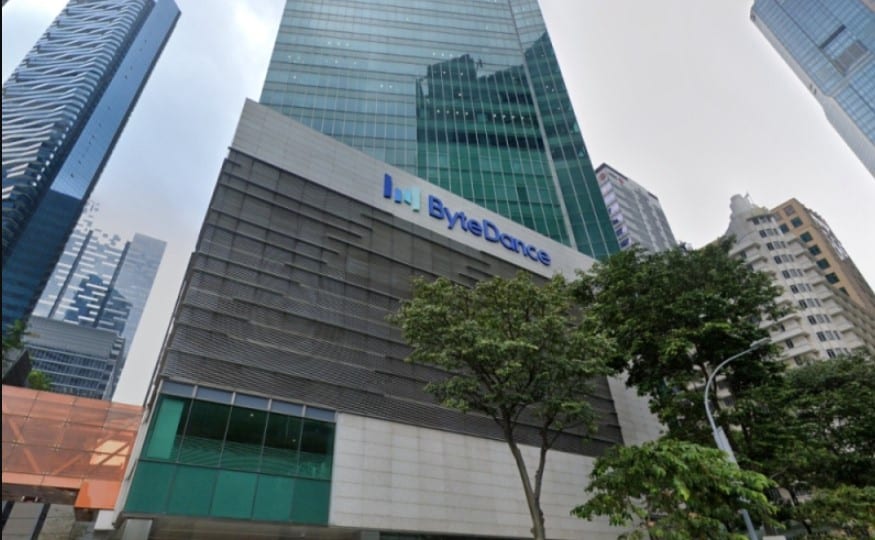Authorities in Singapore have taken action against two companies, Yun Hai Yao Pte and Pu Tien Services Pte, which supplied food to ByteDance, TikTok’s parent company, after an outbreak of foodborne illness affected over 100 people.
The Ministry of Health (MOH) and the Singapore Food Agency (SFA) are currently investigating the situation. Out of the 130 people who consumed the food at ByteDance’s office, 17 were hospitalized but are now in stable condition.
In response to the outbreak, the SFA has suspended the operations of both companies. The firms must clean and sanitize their facilities, including equipment and utensils, and dispose of all ready-to-eat and perishable food items.
Additionally, food handlers must retake and pass the Level 1 food safety course and test negative for foodborne pathogens before they can resume work. The food hygiene officer must also retake and pass the Level 3 food safety course.

In other enforcement actions, SFA has seized about one ton of fresh and processed produce that was illegally imported from Malaysia. During an operation, discrepancies were found in the consignments of two delivery trucks, leading to the seizure of undeclared and under-declared produce. Only licensed firms are permitted to import fruits and vegetables, and each consignment must have a valid import permit to ensure food safety.
Additionally, Long Yue Teng Trading Pte was fined $29,000 for violations under the Wholesome Meat and Fish Act. The company, along with its directors, was penalized for illegally importing over 5,100 kilograms of meat products from unapproved sources in China. Other companies, including Sidecar Pte and +Robert Catering Services Pte, also faced fines for breaches related to food safety and unauthorized activities.
Sidecar Pte was fined $3,800 for unapproved processing and packing of pet food, while +Robert Catering Services Pte faced a $2,100 fine related to a gastroenteritis outbreak in May 2023.
The outbreak at St Luke’s ElderCare Centers involved 37 people, with one hospitalization. Investigations revealed that some food samples contained Bacillus Cereus levels exceeding regulatory limits.
